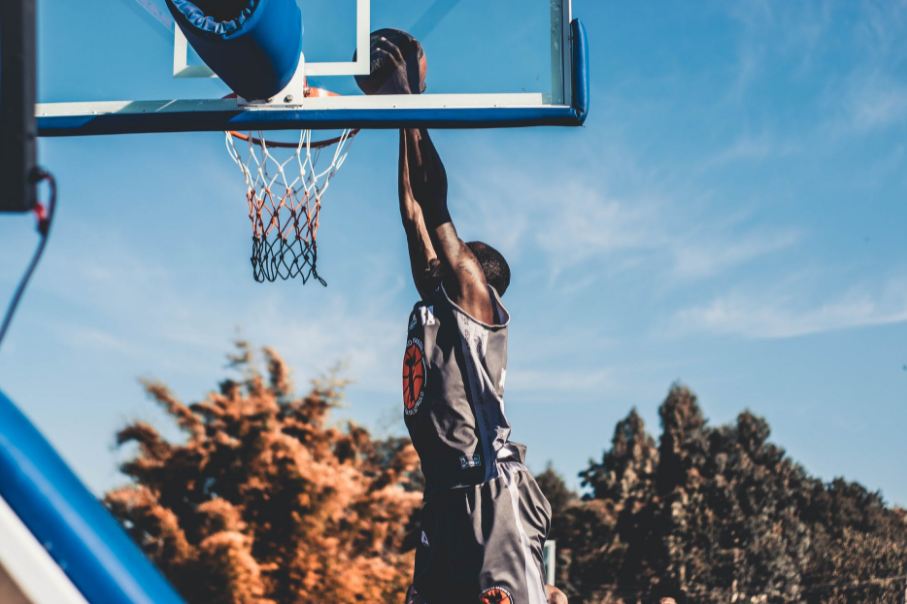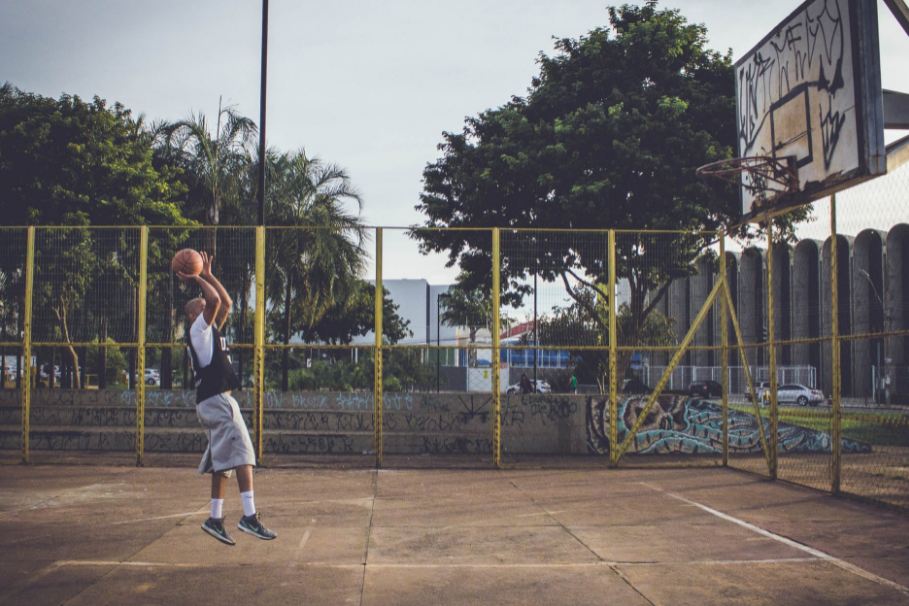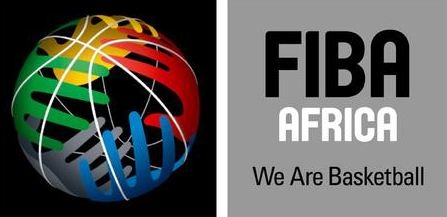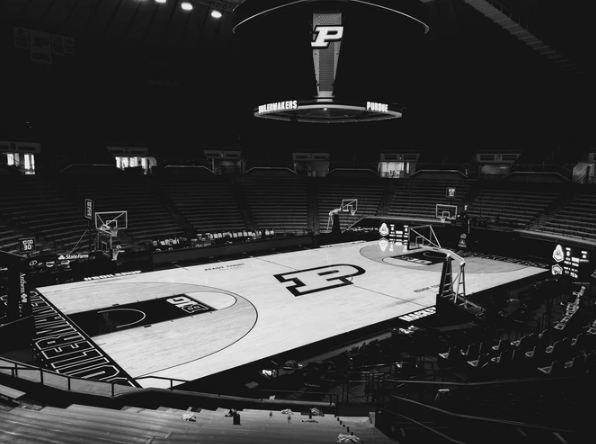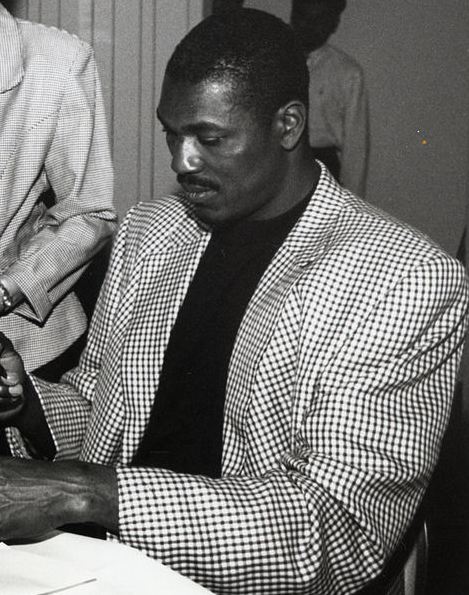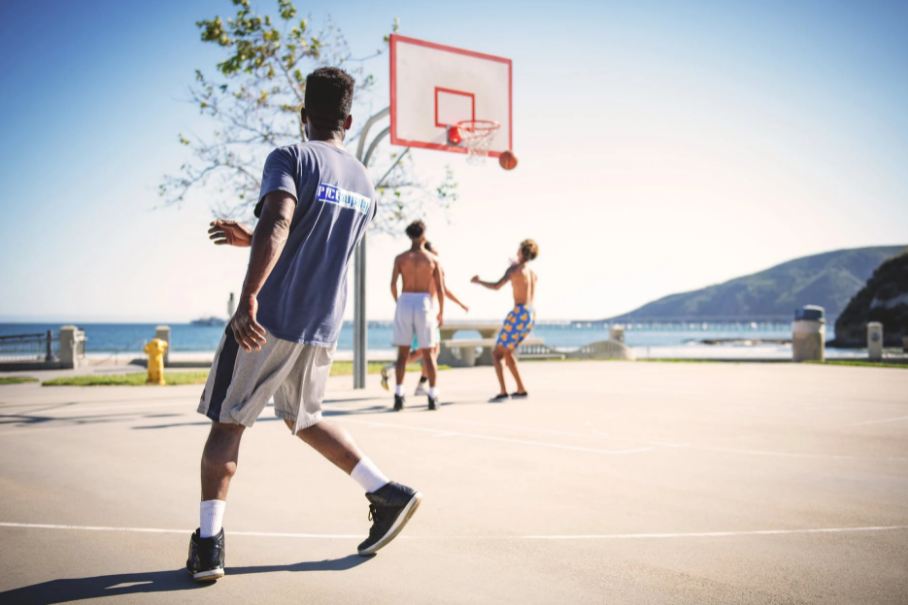Basketball is one of the most popular sports played widely in Africa. It is the second most popular sport in the continent, next only to football. It is most prevalent in countries like Nigeria, Egypt, Tunisia, Ivory Coast, Senegal, etc.
Figures such as Hakeem Olajuwon and Dikembe Mutombo have played an instrumental role in developing and popularizing basketball in the continent. Africa has produced some of the finest basketball players to date and has paved the way for other countries to participate internationally in the sport.
The rich history of basketball in Africa is filled with great players and organizations striving to take this sport to another level. FIBA Africa is one of the leading organizations in the development and professionalization of basketball.
Introduction of Basketball in Africa
After its introduction to Africa during the 1960s, basketball has gone on to become one of the most popular sports in the continent. Although football still remains the most popular sport in Africa, basketball is still played widely there.
The reason behind basketball not being as popular as other team sports such as football is because it was not a widely played sport in the colonial powers that ruled over Africa. The colonial powers such as Britain, Portugal, and France introduced and promoted sports such as football and cricket in Africa.
Basketball was introduced to Africa by colonial administrations and missionaries. It started to become much more popular on the eve of the independence of African countries. Sports such as basketball served the function of equalizing opportunities, especially for those who do not have many opportunities available to them.
These sports have encouraged and empowered many athletes from around the world to play in professional leagues. Basketball has allowed athletes from Africa and places around the world to make a name for themselves and their countries by becoming towering figures in the history of sports.
The Creation of FIBA Africa
With the increase in the popularity of basketball, many federations and organizations emerged seeking to promote the sport and bring it to the spotlight. This necessitated continental competitions and unified rules for the sport. A federation was needed under whose management basketball could flourish in the continent.
The first African National Federations’ managers wanted to compete and participate in FIBA. FIBA is the governing body of basketball around the world.
On 30 and 31 August 1960, during the sixth FIBA’s congress, the Egyptian Basketball Federation was allowed to create an institution to rule African basketball. This led to the creation of the Association des Fédérations Africaines de Basketball (AFABA). This, in turn, resulted in twelve countries from the continent of Africa integrating and join FIBA. AFABA went on to become FIBA Africa in 2002.
More Countries Join FIBA Africa
At the time of its creation, FIBA Africa only consisted of 12 countries: Ethiopia, Egypt, Mali, Morocco, Libya, Guinea Conakry, Sudan, Burkina Faso, Ghana, North Rhodesia, Sierra Leone, and Togo. But in the following years, FIBA Africa grew.
Today FIBA Africa has 54 active teams, with every country in Africa having a designated team. These teams regularly participate in competitions. They also take part in meetings and activities to promote basketball.
Major Competitions Ran by FIBA Africa
FIBA Africa runs a major competition called AfroBasket. This competition is for national teams and is played once every four years. The tournament was held once every two years through the 2015 edition, and it acted as the qualifying tournament for the Summer Olympic Games and FIBA World Cup.
These tournaments no longer act as qualifying tournaments for the Summer Olympic Games and FIBA World Cup since 2017. The largest tournament ran by FIBA Africa is the Basketball African League (BAL). BAL consists of 12 teams, with each team being qualified through its domestic competition.
BAL has become the top-tier league of the continent after it replaced Africa Basketball League. Athletes from Africa also take part in the Summer Olympics and the FIBA World Cup.
The Role of FIBA Africa in the Fight against AIDS
FIBA Africa has played an important part in the fight against banes such as AIDS and HIV. Campaigns such as “Protect the Basket” during the AfroBasket 2013 were highly successful. Although these dangerous diseases are wreaking havoc in some parts of the world, organizations such as FIBA Africa raise awareness and help prevent these diseases.
Hakeem Olajuwon
Hakeem Olajuwon is considered to be one of the best African-born basketball players. Olajuwon was born in Lagos, Nigeria, on 21 January 1963. He was nicknamed “the Dream” and is a highly skilled basketball player. He emigrated from Nigeria so that he could play basketball under Coach Guy Lewis at the University of Houston.
He has played in the NBA with both Toronto Raptors and Huston Rockets, winning two championships with Huston Rockets. He was also voted to be the most valuable player of two NBA finals. In 1984, Hakeem was the first player from Africa to be drafted. Hakeem being drafted paved the way for other African players to also get drafted. A notable example would be Manute Bol, who was drafted a year after Hakeem.
Hakeem then won his first NBA MVP award in 1994. This was a source of pride for African basketball players. Hakeem is a FIBA Hall of Fame player as well as a Basketball Hall of Fame player. Today he is one of the well-known and popular basketball players in Africa and is a source of inspiration for other players who hold the ambition to be the next Hakeem.
His accomplishments in basketball would take an article of their own to describe. The success and accomplishments of Hakeem have not only paved the way for other African players to join the world stage but also inspired athletes from around the world. He has opened the gates for international players to compete in the NBA.
The Continuous Growth of Basketball in Africa
Basketball is growing rapidly in Africa. It may take some more time till it gains as much popularity as football. In African schools, basketball clubs are being formed, which will birth the next generations of great basketball players.
In the future, more athletes are likely to rise to fame from Africa and be a source of inspiration for the next generations. Organizations such as FIBA Africa are continuously developing and growing basketball, and these efforts are making basketball more widespread and popular. Because of the accomplishments of players such as Hakeem, the eyes of the world are also turned toward Africa to witness new great players on their way to success.
Conclusion
Basketball is a popular sport with millions of fans worldwide. It is played around the globe and serves the purpose of bringing us together and closer. Nationalities and identities do not matter much when people come together in anticipation of a good match. Africa has shown how countries can unite and produce great players for the world to see.
It is a sport that brings people together despite their differences. It also shows how success awaits those who work hard for it by giving us the example of players such as Hakeem. Africa has made great strides in growing and nourishing basketball as a sport, and today it is a continent that holds some of the most iconic names in the history of basketball.

